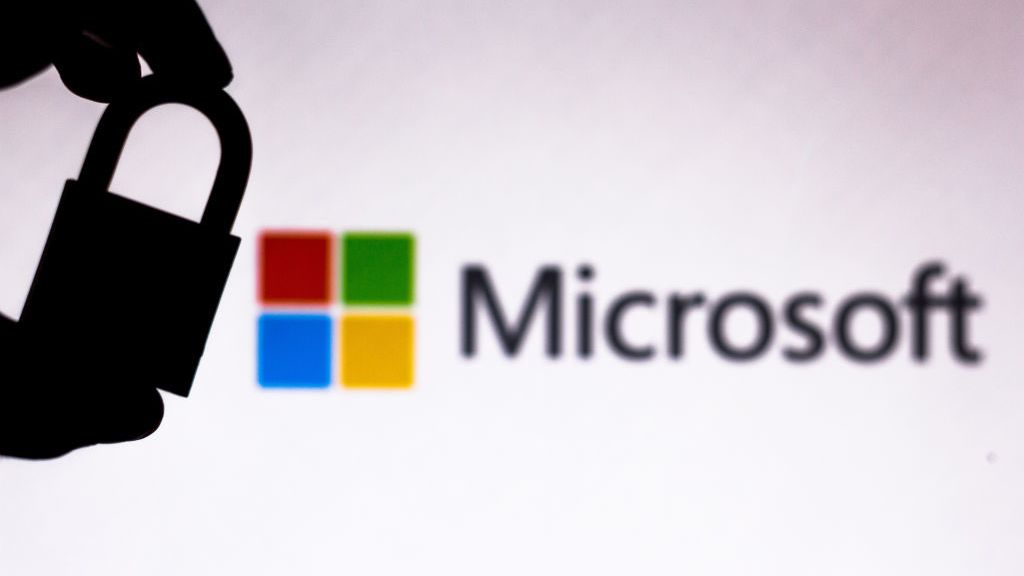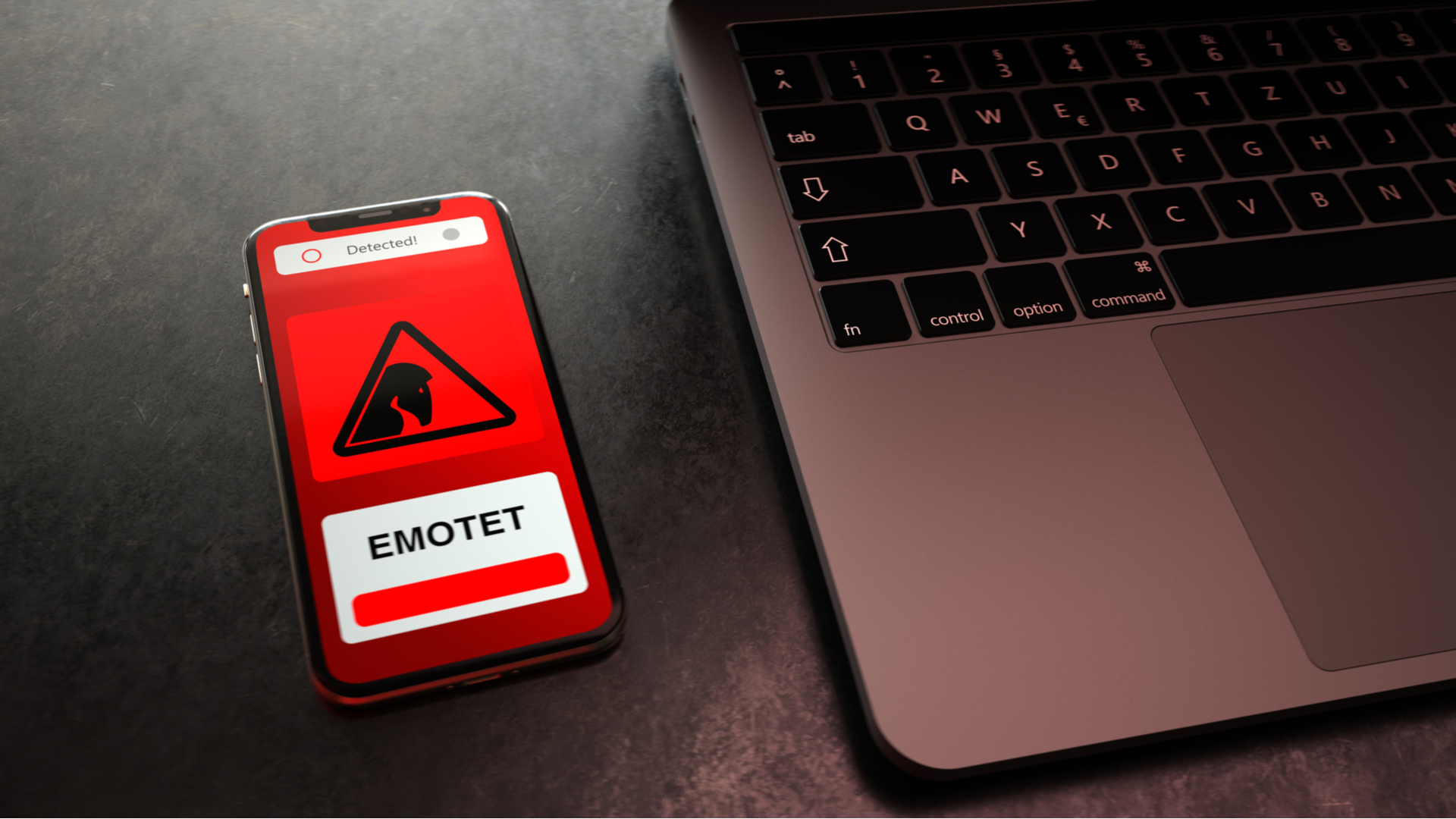The war on botnets
After the major DNS Changer takedown, Tom Brewster looks at how the pendulum has swung in favour of the anti-botnet warriors.


Sign up today and you will receive a free copy of our Future Focus 2025 report - the leading guidance on AI, cybersecurity and other IT challenges as per 700+ senior executives
You are now subscribed
Your newsletter sign-up was successful
"We looked at the body of laws that were in place in the civil world in the US and asked how could we adopt these to be able to confront some of these 21st centutry problems?' There is always a cry for new laws and new legislation, but the reality is there are a lot of good laws on the books that were passed for other purposes that are easily translatable."
It's all about creative use of the current laws, rather than begging for fresh legislation, Boscovich argues. In this week's DNS Changer takedown, courts were again convinced to let law enforcement take a botnet apart. Datacentres in Chicago and New York were raided and dirty servers replaced with clean ones all thanks to a court order. If the perpetrators had been warned in that case, it could have ruined five years' worth of work.
Indeed, the company' responsible for running the botnet, an Estonian organisation called Rove Digital, had previously moved servers when they sensed law enforcement was closing in on some of its other suspicious operations, according to Trend Micro. Imagine if they'd been given notice again. Four million computers would still be infected and the crooks would continue making millions fraudulently.
The future
Whilst the work of law enforcement, industry and others involved in the war on botnets is more than commendable, it would be unwise to get carried away. There remain some major obstacles to overcome. The first is how to tackle the subdomain issue.
At the current time, there is no requirement for domain hosts to know anything about those using their subdomains. In the case of Kelihos, Microsoft got a little lucky. Dominique Alexander Piatti of Czech domain hoster dotFREE Group was accused, along with a number of unidentified suspects, of owning a domain cz.cc and using it to register other subdomains which were running the Kelihos botnet.
It is time for the community to put more rules in place internationally through ICANN, hopefully, to get more transparency as to who is really behind these domains and subdomains.
Sign up today and you will receive a free copy of our Future Focus 2025 report - the leading guidance on AI, cybersecurity and other IT challenges as per 700+ senior executives
Yet Microsoft dropped a lawsuit against Piatti late last month as it seemed dotFREE was simply being used by Kelihos's controllers. Anyone hoping the case would inspire law makers to create fresh legislation were to be sorely disappointed. Domain hosts will still not be forced into knowing who their customers are. The crooked ones will simply turn a blind eye to pernicious activity on their servers.
"There are a lot of domains hosting hundreds of thousands of subdomains that are really hosting nasty stuff," said Boscovich. He explained dotFREE had been highly proactive in cleaning up its game and learning about its customers. The domain industry should follow suit, he said. Either that or extra regulation is required.
"We would really like to see either the other subdomainers employ the same kind of business practices or maybe even have ICAAN require that if you're going to provide subdomains that you're required to get the same information registrars are asked to get," he added.
"It is time for the community to put more rules in place internationally through ICANN, hopefully, to get more transparency as to who is really behind these domains and subdomains that are causing a lot of problems."
Subdomainers aren't the only ones who need to be brought into line. The young up-starts of the info-sec world need to be convinced to join the party too. The divisions between the new players and the old guard could mean certain important data isn't being shared. If these schisms aren't dealt with, ironically, industry in-fighting will only benefit the cyber criminals.
In essence, it's all about greater and greater collaboration. The war against botnets will always be one of attrition. As in the real world, you can't ever completely kill crime. Yet if you can build a sizeable enough army, and keep its various factions at peace with one another, you'll be winning the fight even if you won't win outright.
Tom Brewster is currently an associate editor at Forbes and an award-winning journalist who covers cyber security, surveillance, and privacy. Starting his career at ITPro as a staff writer and working up to a senior staff writer role, Tom has been covering the tech industry for more than ten years and is considered one of the leading journalists in his specialism.
He is a proud alum of the University of Sheffield where he secured an undergraduate degree in English Literature before undertaking a certification from General Assembly in web development.
-
 Scalper bots are running riot as memory shortages continue
Scalper bots are running riot as memory shortages continueNews DataDome says bots are driving up the price of DRAM even further thanks to AI demand
-
 Xiaomi Pad 8 Pro review
Xiaomi Pad 8 Pro reviewReviews Xiaomi's newest entry offers strong performance, a vibrant 11-inch screen and a blockbuster battery life to maximize productivity
-
 Europol hails triple takedown with Rhadamanthys, VenomRAT, and Elysium sting operations
Europol hails triple takedown with Rhadamanthys, VenomRAT, and Elysium sting operationsNews The Rhadamanthys infostealer operation is one of the latest victims of Europol's Operation Endgame, with more than a thousand servers taken down
-
 Seized database helps Europol snare botnet customers in ‘Operation Endgame’ follow-up sting
Seized database helps Europol snare botnet customers in ‘Operation Endgame’ follow-up stingNews Europol has detained several people believed to be involved in a botnet operation as part of a follow-up to a major takedown last year.
-
 Horabot campaign targeted businesses for more than two years before finally being discovered
Horabot campaign targeted businesses for more than two years before finally being discoveredNews The newly-discovered Horabot botnet has attacked companies in the accounting, investment, and construction sectors in particular
-
 Brand-new Emotet campaign socially engineers its way from detection
Brand-new Emotet campaign socially engineers its way from detectionNews This latest resurgence follows a three-month hiatus and tricks users into re-enabling dangerous VBA macros
-
 Microsoft says “it’s just too difficult” to effectively disrupt ransomware
Microsoft says “it’s just too difficult” to effectively disrupt ransomwareNews The company details its new approach to combatting cyber crime as the underground industry drains $6 trillion from the global economy
-
 Beating the bad bots: Six ways to identify and block spam traffic
Beating the bad bots: Six ways to identify and block spam trafficIn-depth Not all traffic is good. Learn how to prevent bad bots from overrunning your website
-
 Ukraine's vigilante IT army now has a DDoS bot to automate attacks against Russia
Ukraine's vigilante IT army now has a DDoS bot to automate attacks against RussiaNews The 270,000-strong IT Army of Ukraine will now combine supporters' cloud infrastructure to strengthen the daily attacks against their invaders
-
 Microsoft's secure VBA macro rules already being bypassed by hackers
Microsoft's secure VBA macro rules already being bypassed by hackersNews Recent analysis of Emotet activity has revealed a shift away from malicious Office documents to drop malware
